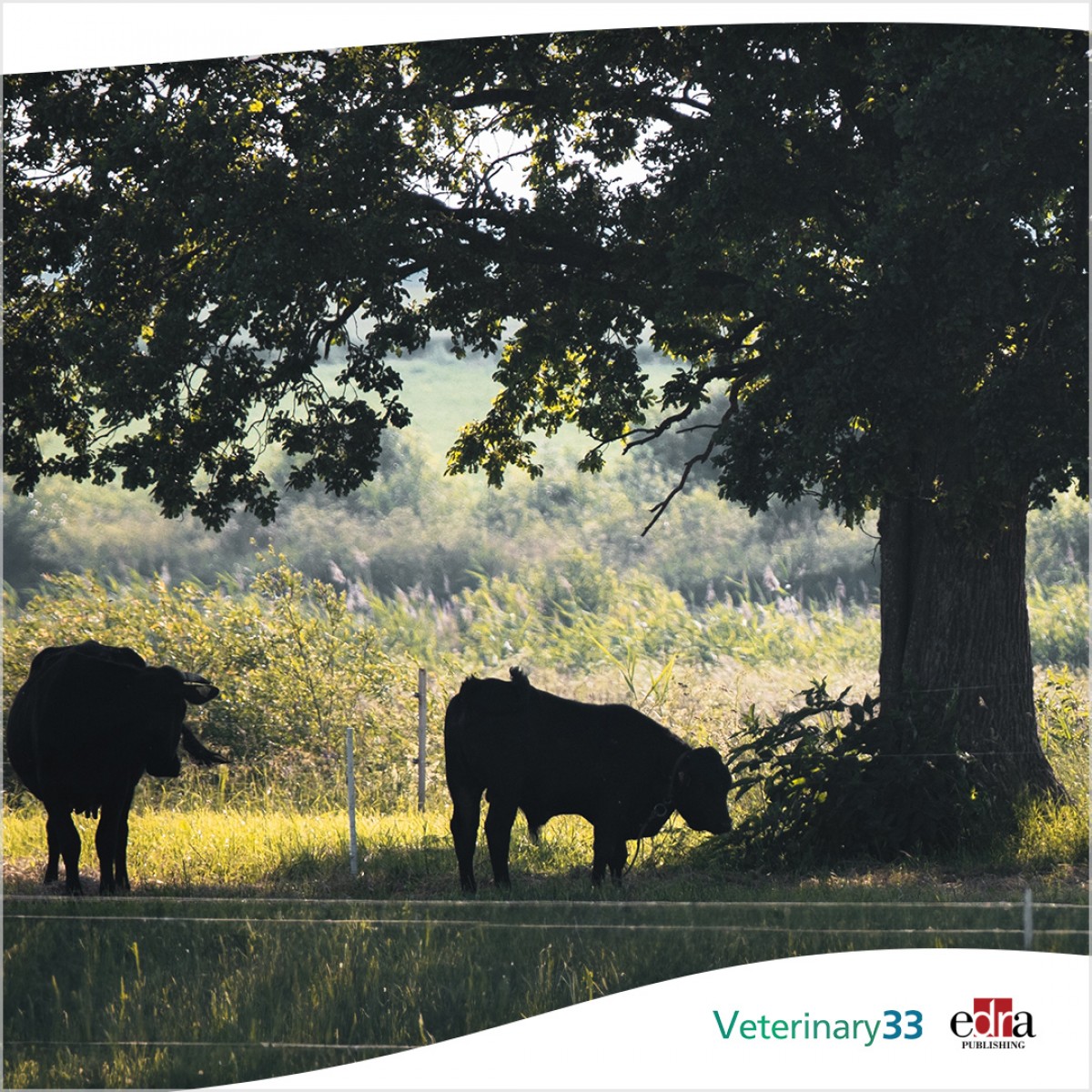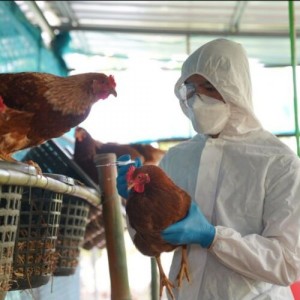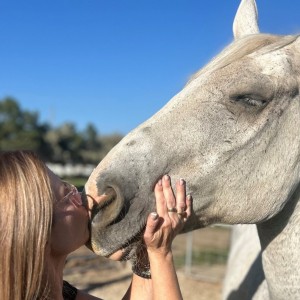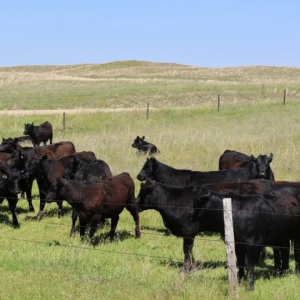Decreasing antimicrobial distribution: the impact on the veterinary industry
by Jenny Alonge
The Food and Drug Administration’s (FDA) 2021 Summary Report on Antimicrobials Sold or Distributed for Use in Food-Producing Animals revealed that important antimicrobial drugs approved for use in food-producing animals decreased by 38% from 2015. This decline was caused by the agency’s Veterinary Feed Directive (VFD), implemented in 2017, which requires more veterinary oversight on medically important antibiotics delivered to livestock by feed or water to control antimicrobial resistance (AMR). This article details additional steps planned by the FDA to mitigate AMR and how they will impact the veterinary industry.
Antimicrobial stewardship goals
The FDA’s Center for Veterinary Medicine (CVM) is responsible for ensuring veterinary medication safety and effectiveness and promoting judicious use to help combat AMR. CVM outlined key goals and objectives to promote antimicrobial stewardship in 2019, including:
- Ensuring antimicrobial drug use alignment with antimicrobial stewardship principles
Objectives to meet this goal include: - Revise the use conditions for approved antimicrobials in food-producing animals — The VFD included only antibiotics delivered through food and water, which left a significant loophole for those products available over the counter (OTC) in other forms. On June 11, 2021, Guidance for Industry #263 was instigated to remove medically important antimicrobials from OTC marketing channels. By June 2023, all medically important antimicrobials used by humans and animals will be available by prescription only.
- Promote antimicrobial stewardship in companion animals — Antimicrobial overuse in pets can also contribute to AMR, inhibiting the ability to effectively treat bacterial infections in pets and increasing the potential transfer to humans.
- Evaluate antimicrobial safety — As part of the animal drug approval process, the FDA assesses the antimicrobial resistance risks associated with new drugs, and ranks the drugs according to their importance in human medicine.
- Fostering antimicrobial stewardship in veterinary settings
Objectives to meet this goal include: - Provide education about antimicrobial stewardship — CVM works with veterinarians, academic institutions, federal partners, and animal agencies to develop, update, and disseminate information on antimicrobial stewardship.
- Strengthen oversight — Field personnel inspect producers, veterinarians, and VFD medicated feed distributors to identify inappropriate antimicrobial drug marketing.
- Support international outreach — AMR is a worldwide problem, and CVM engages international partners and assists developing countries to help address the issue.
- Enhancing AMR monitoring and antimicrobial use in animals
Objectives to meet this goal include: - Collect and analyze data on animal antimicrobial use — A pilot project was initiated in 2016 to characterize antimicrobial use practices in cattle, swine, chickens, and turkeys.
- Enhance AMR data collection and analysis — Collaboration with the United States Department of Agriculture (USDA) is necessary to better understand AMR. The CVM is establishing a link between the USDA’s National Animal Health Laboratory Network and the Veterinary Laboratory Investigation Response Network to facilitate sharing, analysis, and reporting of information through a centralized data repository.
- Share and report data — The CVM will publish a comprehensive report detailing antimicrobial use and resistance in veterinary medicine.
The impact on the veterinary industry
Addressing AMR is crucial to ensure methods are available to treat infection in humans and animals, but how will these strategies impact the veterinary profession? Potential issues include:
- Establishing a veterinary-client-patient relationship (VCPR) — A VCPR is needed to prescribe medications to an animal, which may be a challenge in rural areas with few veterinarians.
- Issuing VFDs — When treating ill livestock, veterinarians often prescribe medications for extralabel use, but using feed-grade antibiotics for anything other than the labeled indications is illegal. Veterinarians must educate themselves in the new practices to ensure they don’t inadvertently break the law.
- Purchasing antimicrobials from disreputable sources — If owners cannot conveniently access a veterinarian, they may purchase antimicrobials from disreputable sources with no quality control monitoring.
- Forgoing treatment — Animals who would be treated when their owner could find low-cost, accessible OTC drugs may go without treatment because the increased cost of veterinary care outweighs the animal’s potential income.
- Delaying treatment — Treatment may be delayed in some cases, worsening the prognosis, if the owner hopes the animal will recover on their own.
- Seeking alternative options — Some owners may look for alternative options, such as herbs, to treat their sick animals, which could be dangerous.
- Researching alternative options — New methods are needed to treat infections, and some researchers are investigating new approaches, such as platelet lysates, to act as an antimicrobial alternative.
Preserving antibiotic effectiveness is important, but unexpected consequences may occur. Educate yourself and your clients about the changes and ensure your patients get the care they need.














List
Add
Please enter a comment